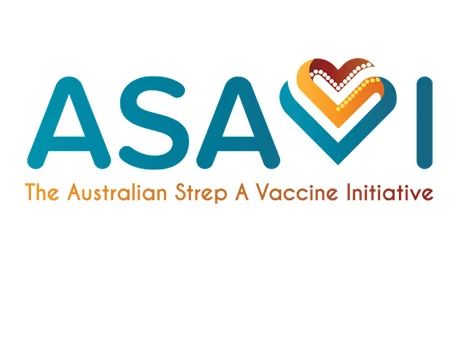Search
The diagnosis of acute rheumatic fever relies on a combination of clinical evaluation and laboratory studies. Diagnosis is usually made using the Jones criteria, which have recently been updated in 2015.
Intramuscular benzathine penicillin G (BPG) injections are a cornerstone of secondary prophylaxis to prevent acute rheumatic fever (ARF) and rheumatic heart disease (RHD). Uncertainties regarding inter-ethnic and preparation variability, and target exposure profiles of BPG injection are key knowledge gaps for RHD control.
This work will be undertaken in collaboration with The Kids Research Institute Australia and Australian based research teams to better understand how Penicillin works in Māori and Pacific children/teens who receive monthly BPG injections.
This project aimed to identify the primordial determinants of RHD to inform prevention strategies.
We are conducting a genetic study to better understand why some people are susceptible to RHD and others are not.
The main objective of the study is to establish a comprehensive register of congenital and acquired heart disease in WA with accurate re-classification of all cases through Princess Margart Hospital using international diagnostic codes.
This project aims to develop a longer acting formulation of penicillin, such that frequency of the injection can be increased up to 3-6 months.
The key objective of this study is to collect data about patient and clinician preferences about reformulations.

The Australian Strep A Vaccine Initiative (ASAVI) is an Australian-led global initiative with the goal of reducing the disease burden caused by Group A Streptococcus (Strep A) infection through effective vaccination.
Funded by a 5-year NHMRC Investigator grant to implement a strategy to eliminate rheumatic heart disease (RHD) as a public health problem in Australia.
